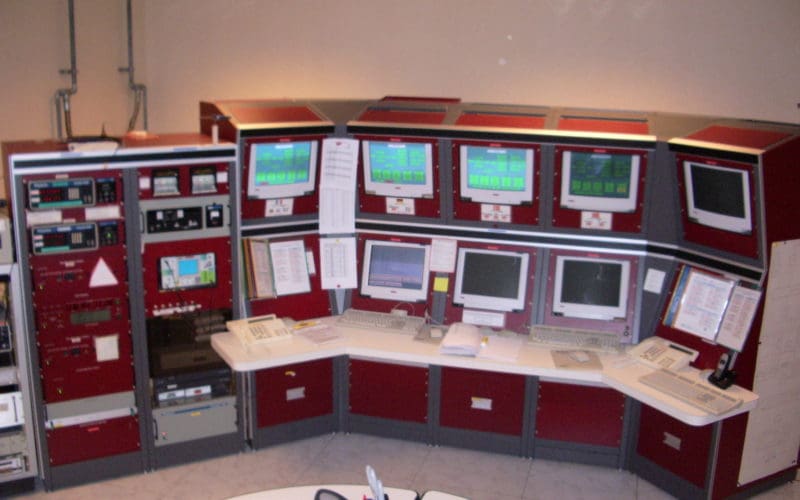Before GPS, there was a land-based electronic navigation system called loran (Remember that? You might even have a decommisioned loran receiver sitting on your shelf at home). The U.S. loran system was ultimately shut down as a cost-saving measure. Five European nations — Britain, Germany, France, Denmark and Norway — however, still operate loran stations, not wanting to rely solely on U.S.-based GPS.
While the U.S. Coast Guard still operated loran chains, its research and development center developed an enhanced, more accurate version of loran called "eloran" that provided GPS-like accuracy. Many in the U.S. electronic navigation community argued that eloran provided an excellent backup to GPS should the system ever be unavailable. This argument failed to sway the Obama administration and loran was deactivated in 2010.
The five members of the European loran group, on the other hand, continued to work on eloran and installed eloran capability in their network. Now the British government agency responsible for aids to navigation, the General Lighthouse Authority has turned on eloran broadcasts from a radio station in Dover. These signals will further improve accuracy of loran signals in the English Channel.
With the Europeans building their own GPS type satellite navigation called Galileo, though, it's likely the European loran system will be shut down as well. Until then, however, eloran is providing a backup to GPS in La Manche.

